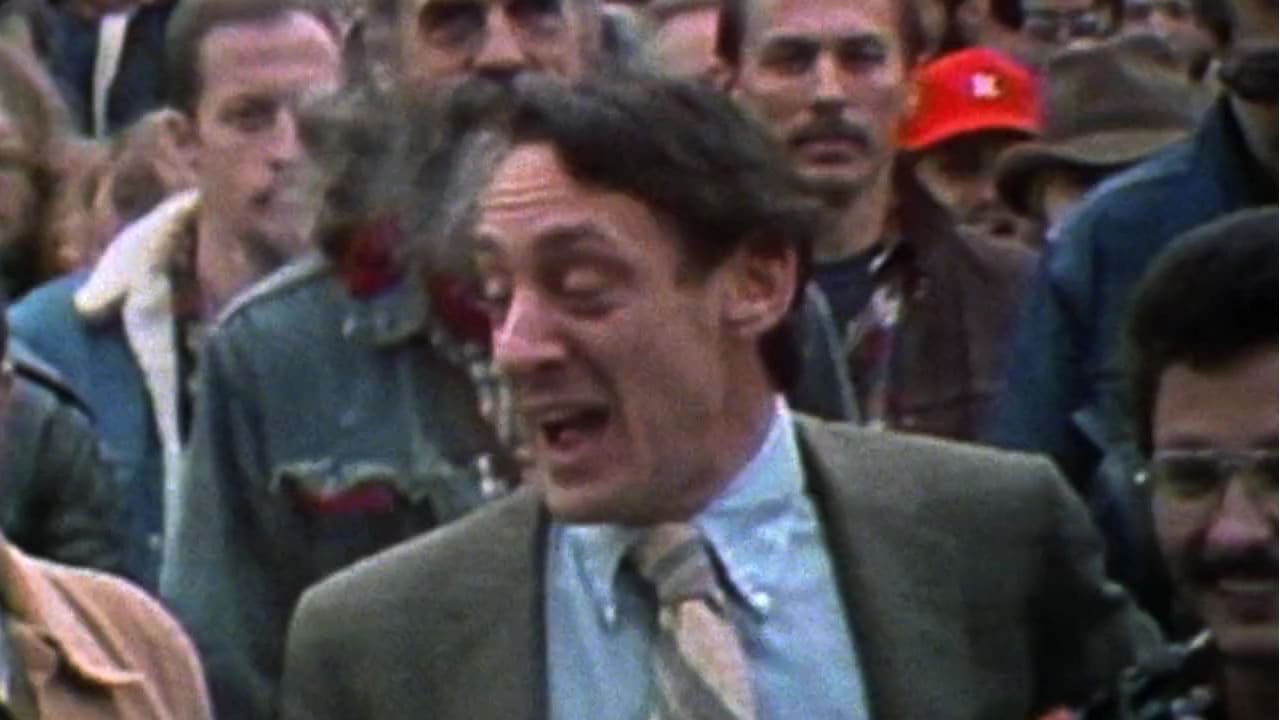

Best movie of this year hands down!
... View MoreWhat a freaking movie. So many twists and turns. Absolutely intense from start to finish.
... View MoreIf you're interested in the topic at hand, you should just watch it and judge yourself because the reviews have gone very biased by people that didn't even watch it and just hate (or love) the creator. I liked it, it was well written, narrated, and directed and it was about a topic that interests me.
... View MoreOne of the best movies of the year! Incredible from the beginning to the end.
... View MoreA documentary of the successful career and assassination of San Francisco's first elected gay councilor.This may be one of the best documentaries I have ever seen. I watched "Milk" years ago, and wish I had watched this documentary first. That Sean Penn movie is good, but never really seems to capture the historical importance of the whole thing.Here, we see why Harvey was important, and we really get to know Dan White, who is the key figure in the whole thing. He was petty, vicious, and took his anger out on people in childish ways. And, of course, when that failed, he just liked to shoot people in the head multiple times.
... View More'The Time of Harvey Milk' is not your typical assassination story. There isn't any espionage or sniper rifles or masterfully calculated plot devices. The story is far too... real. Harvey Milk is ultimately just a normal person. I use the word normal because Harvey Milk is just so relatable and was relatively unknown until this doc won an academy award and more recently Sean Penn took on the man's inspirational story. There are so many examples of honest-to-god humanity in this doc: the virtue of persistence, the struggle between peace and violence, the importance of self expression. The assassination itself is complex and becomes less about the killing and more about the system within which it takes place. With all of the gay politics and progress taking place in the 21st century, this story still rings poignantly true and casts an empowering glow for those still struggling. Pop it in your disc drive and see for yourself.
... View MoreAfter I saw the movie, I think we should to learn how to esteem the others who are not similar with ourselves. Even the person has the different sexual orientation. Harvey Milk is a successful political, but he was been killed because his sexual orientation. The same thing has no chance to happen in Taiwan. Because I think people should know the violence couldn't solve any problem. I felt so pity after saw the movie. But I felt so lucky in the same time because in this society, more and more people learn how to esteem the others that decrease the probability of violence. In the movie, we can learn many things. Also could to think what should we do when we meet the same thing. The documentary is that I strongly recommend.
... View MoreHarvey Milk was the first person who represented gay people in the states at the time. He proved that a gay guy could also do something big. He helped thousands and thousands of people who were afraid to come out from the closet(about 15 years ago, there was no place for gay people to hang out). He was also a great supervisor cause he leaded the people who really believed him to achieve their purposes and also fight for their rights. I was kinda astonished at the news of the murder. We know Harvey Milk died but his achievements would never fade away.BTW!the movie was kinda too long. we spent like 2 hours to finish it.
... View More